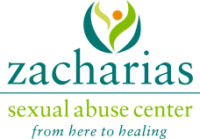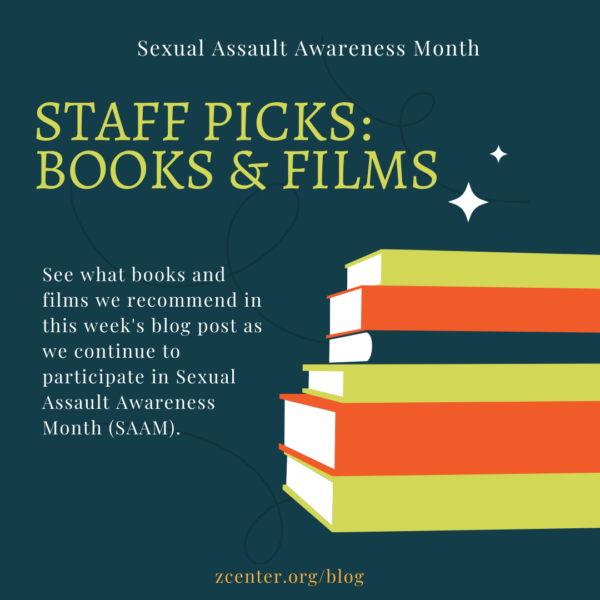Reading has been shown to put our brains into a pleasurable trance-like state, similar to meditation, and it brings the same health benefits of deep relaxation and inner calm.
-Ceridwen Dovey
With titles that support survivors like Maximize Your Super Powers, Nothing Is Louder than Silence, Living for Today, and Find Your Voice, it’s hard to believe that reading is anything but empowering. Why are books critical for survivors? What do they bring to those seeking a secret formula about how and why we’re feeling the way we do?
Books allow us to see ourselves in stories, normalize our feelings, and not feel alone. We resonate with characters and appreciate the stories that show hope and healing. We receive insight into moving forward or hearing that being stuck right where we are is okay. Books can be a portal to connection with others, sharing their suffering as well as joys. These stories and poems help us experience multiple realities and give language to thoughts and feelings some of us cannot put into words. Books like Grief Day by Day can expand our understanding; it can feel as though someone is walking hand in hand with us as the book taps into the hidden places where we may not want to look.
Reading makes us laugh, get angry, or cry. It is a personal and visceral experience and it can be incredibly uncomfortable to see yourself in black and white, for everyone to see. At the same time, books dare us to grow and help guide and solidify the goals we have around healing and who we want to be. Books remind us that words like transcending, allies, and courage need to be part of our lexicon; these are powerful terms that we aspire to have and to emulate. Reading also can reduce stress, be soothing, and cause one’s mind to shift gears to a positive or more open state. Let’s be patient with ourselves as we move through pages and remember the books were not written about us but for us. Soak it all in and remember wherever you are on your journey; you deserve this healing process, however that may look for you.
Some people who have experienced sexual assault and abuse have found ways to collect their memories and compile these soul-searching experiences, so others can benefit from their strength and courage. They’re willing to allow others to actually see their story in black and white. We appreciate them and their courage. Although we can highlight some of those books here, maybe it’s not only about the books themselves, but the importance they play as life preservers, an escape from where we are, and finding the truth, your truth. – Wendy Ivy, Associate Executive Director
Staff Picks
- Christine Berry, Director of Services, suggests Mean by Myriam Gurba. The reason this book is so important is because it highlights how intersectionality plays a role in trauma. In addition, it really shows how added trauma negatively impacts those who are already marginalized.
- Anna Lehner, Director of Development, recommends watching Allen v. Farrow, on HBO. This documentary highlights some of the systems, wealth, Hollywood culture, and misogyny, that often protect perpetrators and influence the public views on sexual violence.
- Kristin Jones, our Outreach Supervisor, urges viewers to watch the documentary Rewind, directed by Sasha Neulinger. Viewers learn about how a survivor of childhood sexual abuse continues to move forward in the healing journey and how he started a Child Advocacy Center that sparked a movement of more centers like it opening nationwide.
- Sarah Brennan, our Activism and Volunteer Coordinator, suggests reading Chanel Miller’s Know My Name. Chanel shares her journey to healing and uses her voice to take back ownership of her body and of the narrative. Readers learn more about the process of medical advocacy, the legal process, and what survivors can expect emotionally when going through similar situations.
- Haley Olson, a ZCenter BSW Intern, recommends the documentary The Hunting Ground, directed by Kirby Dick. Viewers of this documentary learn about the high prevalence of sexual assault on college campuses by following survivors’ stories and recoveries as they chase justice. The film also deep dives into the academic bureaucracy that seems to prioritize protecting institutions over working towards justice.
All ZCenter blog posts are written by state certified staff, interns, and volunteers. For questions on authorship or content, please email kjones@zcenter.org.

